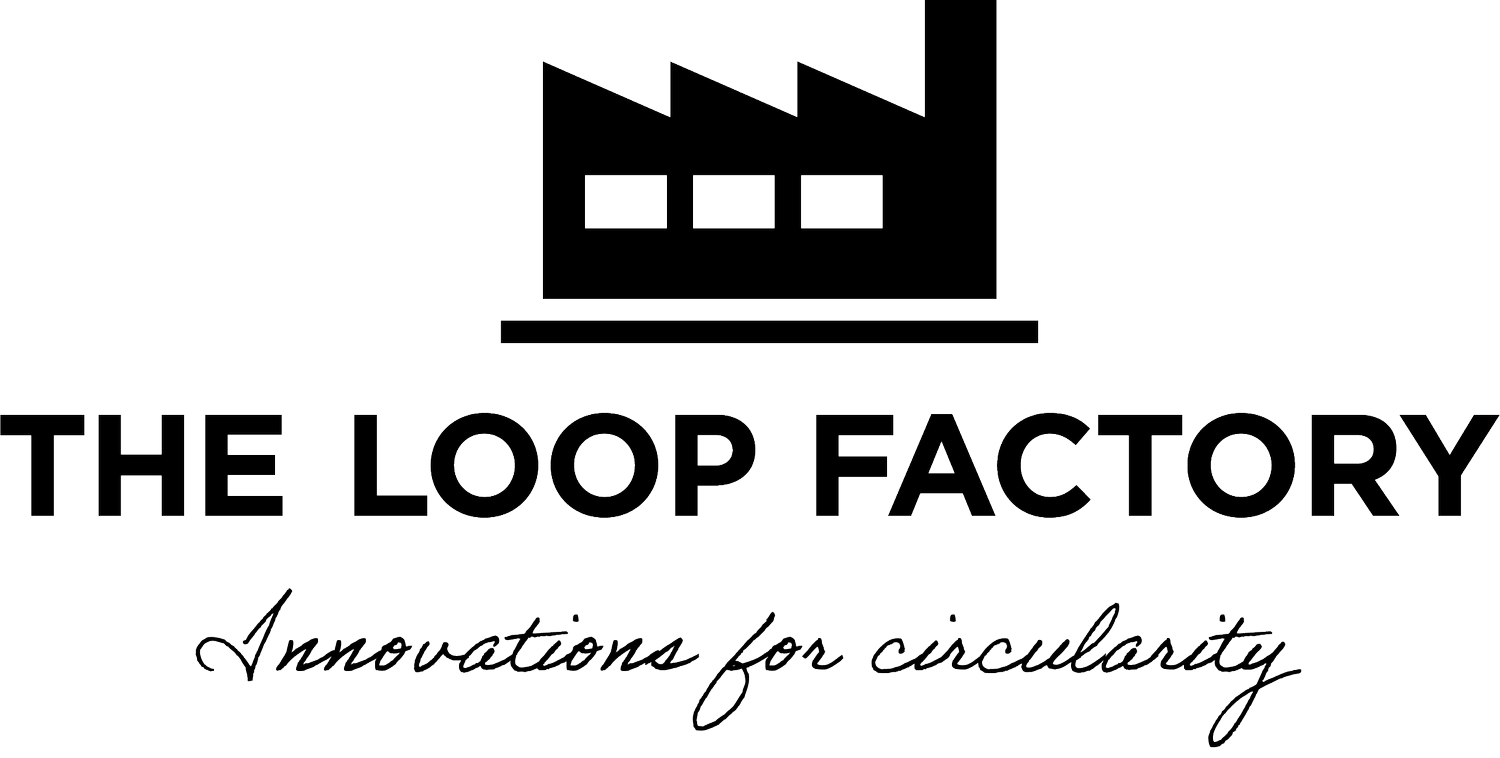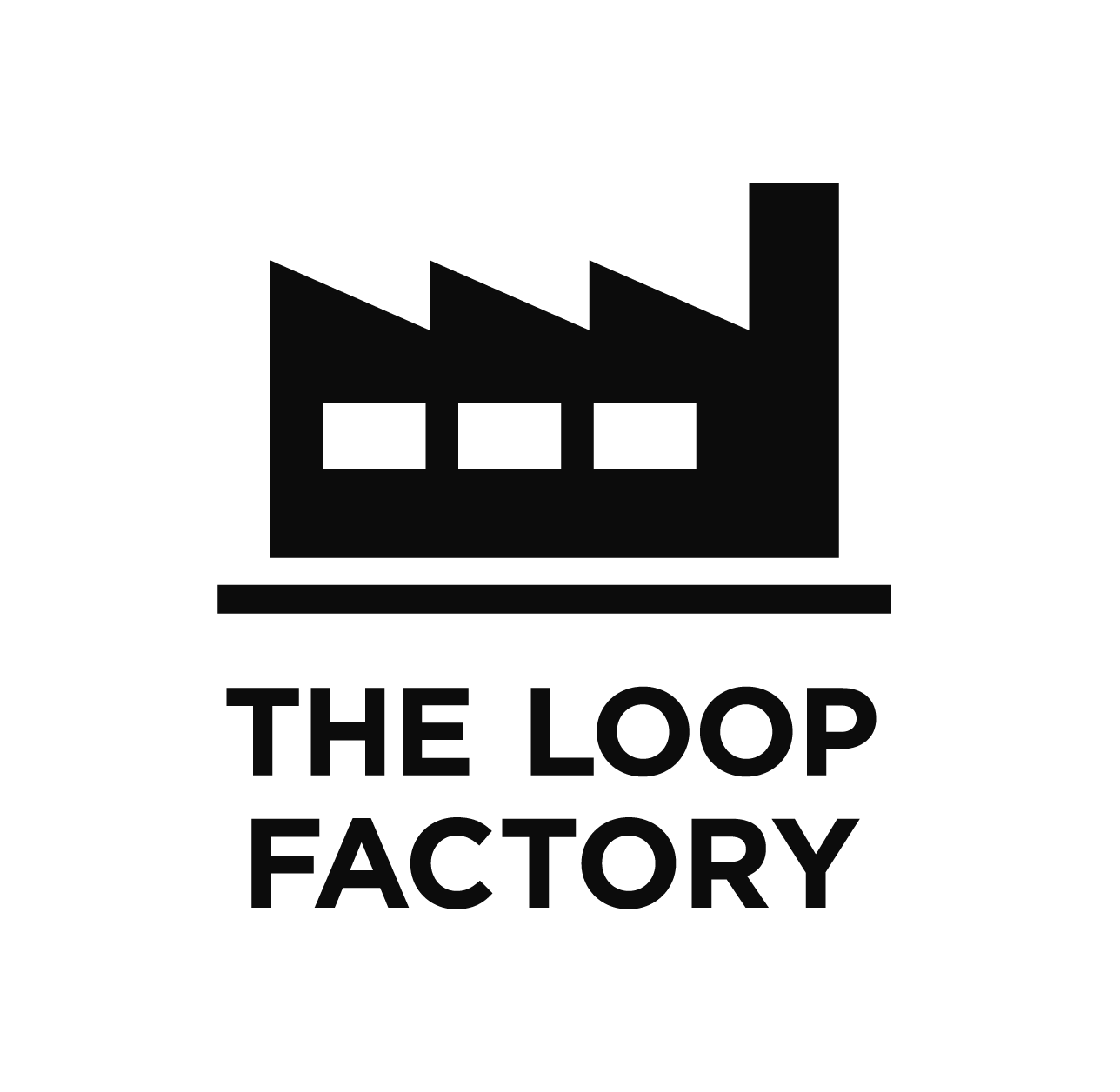EU Textile Waste Directive: Key Updates for SMEs in 2025
January 1st, 2025, marks an important day for Europe’s Circular Economy. The Waste Framework Directive (WFD) for textiles will be enforced throughout Europe, which means that all EU member states are now directed to collect textiles separately. During a seminar in the TexScale project, Ulrika Simonsson (TEKO) took us through the information and updates about the separate collection of textiles, gave a status on the Ecodesign and Green Claims directives, what this means for SMEs in Sweden, and gave tips and tricks on how to prepare for the upcoming laws and regulations.
The European Commission (EC) adopted the first circular economy action plan in December 2015, and four years later, in December 2019, it adopted the European Green Deal. These packages include, among other things, regulations for using resources and carbon emissions and reach across a few critical industries. In 2023 an amendment to the WFD was added to include textiles in the regulation scheme. Within the textile industry, the EC expects that the transition to a circular economy will lead to a 65% decrease in product-related CO2 emissions and a 70% decrease in resource use1. The WFD and the separate collection of textiles are the first steps towards a green transition in the textile and fashion industry. The EC has planned additional regulations within this industry for the coming two years, including Green Claims, Extended Producer Responsibility (EPR), and Ecodesign.
What Producers Need to Know About EPR
From today, January 1st, 2025, all EU countries are responsible for collecting textile waste separately. In Sweden, municipalities are tasked with coordinating and informing about the separate collection of textiles. As part of the WFD, the EC has also proposed an EPR scheme, requiring producers of textile products to take responsibility for their products' entire lifecycle, particularly their end-of-life2. In the proposal, the EC suggests that the company that puts the textile product (e.g. clothing, shoes, curtains etc) on the European market for the first time is classed as a producer. Producers will have to register at a Producer Responsibility Organisation (PRO) and pay a membership to this organisation. The PRO in its turn is responsible for setting up a separate collection system to ensure that the textiles are reused or recycled. Revisions on this proposal are ongoing and the EPR is expected to be implemented by 2026/2027.
Harmonising the regulation schemes in different European countries is difficult as laws and regulations are implemented and adapted in various ways in each country. The Netherlands and France, for example, implemented EPR regulations long before the rest of Europe, and most countries’ adaptation of the WFD is different.
Ecodesign and Green Claims Directives
Additionally, the EC is preparing to implement Ecodesign regulations and the Green Claims Directive, where the Ecodesign regulations affect producers, and the Green Claims Directive protects consumers. The Ecodesign framework aims to normalise sustainable products in Europe with products designed to be durable, reusable or recyclable, and containing recycled materials. The framework includes regulations against destroying unsold products and for product passports. The regulations are expected to be enforced from 2026/2027. The Green Claims Directive aims to stop companies from making misleading claims about the environmental merits of their products and services. This directive protects consumers from being misled by environmental claims and combat greenwashing. Companies must verify their claims through a verified third party and ensure they are scientifically substantiated. The directive is expected to be implemented in 2025.
Prepare your company for laws and regulations
The upcoming laws and regulations are complicated and convoluted proposals, and good preparation is necessary to be ready when these laws and regulations are in place. Things you can do to prepare your company for the upcoming laws and regulations:
Data is extremely valuable within EPR schemes. This includes data on sales volumes, geolocation of materials and products, accurate location inventory, and evidence supporting the impact of sustainability.
Relationship management with producers and customers is essential to collecting all this data.
Investigate opportunities to extend the product life or handle unsold goods – for example, repair, redesign, rental, renovation, second-hand, recycling, etc.
Optimise material consumption in production and products.
Design for circularity – for example, modular design.
Oversee current environmental claims in marketing and set up a strategy for verifying the claims.
Did you miss the TexScale seminar?
Subscribe to our newsletter and stay updated about upcoming events, news and projects.


